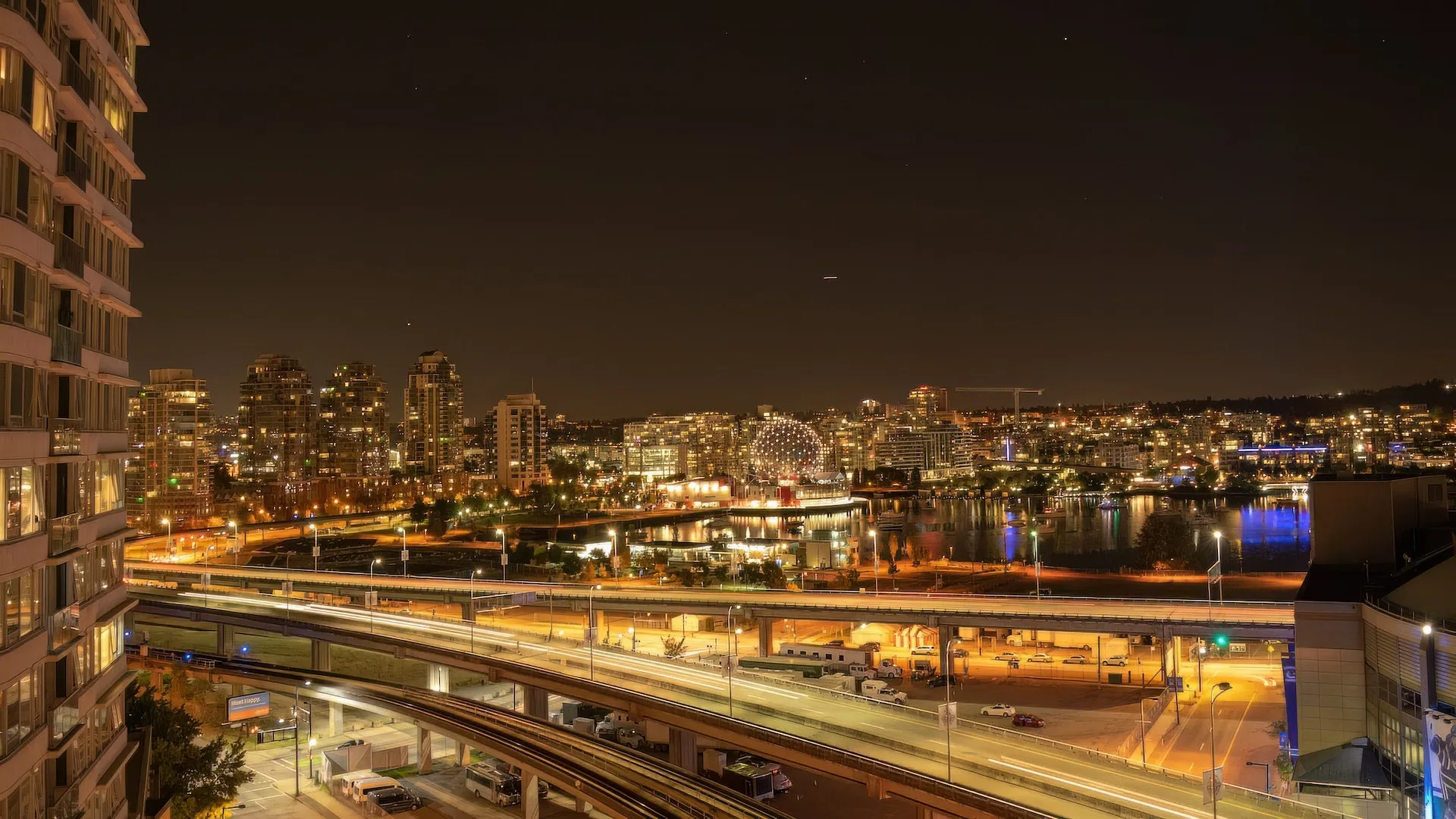
After just 86 days, Canada quietly reversed sections of its foreign buyer ban
After hours of enforcement, Canada’s restriction on sales to the foreign buyer should be relaxed. The nation discreetly eased limits on non-resident investors and temporary residents only 86 days after adopting limitations on non-resident purchasers. The prohibition was probably only a diversion from the rumors circulating within the House.
Foreigners may once again purchase undeveloped land in Canada
Canada is changing its policy and will now sell the residential and mixed-use empty property to foreign purchasers. The nation claims this would increase the availability of houses, but the amendments make it clear that the property may be utilized for “any purpose.”
It’s clear that progress is beneficial, but are there any drawbacks? They obviously haven’t considered the implications in one crucial area, land banking, with just two months to go and no information on beneficial ownership yet. The term “land banking” refers to the practice of accumulating land for future development. Due to the lack of a definitive timeframe, the phrase is in quotation marks.
While land banking has been a concern since its inception, its prevalence has increased dramatically after the 2008 financial crisis (GFC). Since low-interest rates coincided with the movement of money throughout the globe, wealthy people from all over the world started buying property nearly everywhere to reduce their reliance on any one market. Vancouver was recommended as a safe haven for the money of Asian oligarchs by BlackRock itself.
The influx of foreign cash into the market may be beneficial if everyone involved is on the same page. It’s an unusual decision that may put upward pressure on house prices to invite non-resident capital to use your unoccupied property as a deposit certificate to redeem (i.e. develop) without a timeframe in a nation that claims to be experiencing a housing crisis and a dearth of vacant land.
Canada's Real Estate Regulations Are Eased for Foreign Corporations
The restrictions on foreign corporations buying property in Canada are being relaxed. This exemption applies to publicly traded Canadian corporations with foreign ownership or control. No need to fear; the regulations apply equally to private corporations. The previously established cap of 3% on non-resident ownership has been raised to 10%. A primary shareholder not located in the country where the company is incorporated would be legal under this scenario.
Canada Relaxes Requirements for Visiting Foreigners to Purchase Permanent Residence
Temporary residents with work permits will no longer be subject to the law. Every visitor to the nation who has at least 183 days remaining on their work visa may now legally purchase the property. It is important to note that this is the number of days remaining on their permit, not the minimum number of days they must spend in the country.
Formerly, a foreign buyer could buy homes so long as they met certain requirements, such as having paid taxes for the previous five years, being physically present in the nation for at least 244 days each year, and the property’s worth not exceeding $500,000. Buying a property on your first day is possible if your work visa is valid for at least 183 days, a huge jump from the previous requirement of five years of residence. It seems that a sizable and unjustly punished market consists of purchasers seeking to acquire property on a temporary visa before paying taxes in Canada
The laws for a non-resident purchasing property in Canada have not been altered in any other way. Recreational or vacation properties, as well as multi-unit structures, are still legal for a foreign buyer to own. However, it only applies to census areas with populations above 100,000, therefore, the vast majority of the nation was free of any limitations.
In addition, there are still very few regulations placed on property-like acquisitions. While a pre-sale assignment, for instance, is not a house until the development is finished, it may still be purchased and resold before the end of construction. The buyer gets exclusive assignment rights to the subject property. When the residence is finished being built and transferred, non-resident speculation taxes do not apply to assignments.
Since the “foreign buyer mini-bubble” in 2017-2018, which was mostly centered in Greater Toronto and Vancouver, there has been little indication that non-resident speculation has been a substantial portion of the market. There have been very few purchases recorded in British Columbia’s beneficial ownership register. Very low-interest rates and a surge in domestic investors drove price increases to record highs throughout the epidemic. Notwithstanding the fact that 38% of federal elected officials have such an investing plan, the prohibition was a useful distraction during the past election.
The headline-making statement was also a chance to boast about keeping one’s word. The elected speculators are obviously attempting to build a market now that no one is paying attention, and rate cuts are expected by year’s end. Or at least a big enough market to stimulate home-market demand and raise prices



